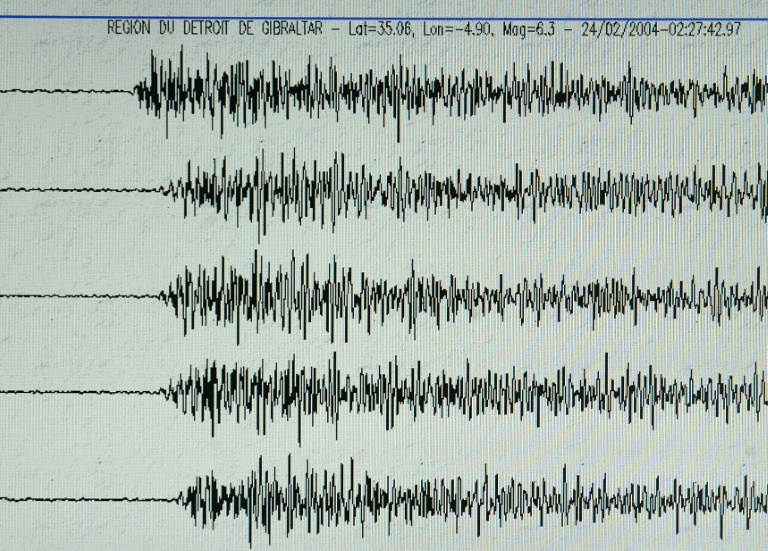The relocation of Helwan's environmentally polluting factories will cost LE40 billion, said the Ministry of Trade and Industry's Industrial Development Authority (IDA). Due to the high cost, the IDA has decided that the relocation will be carried out in a series of phases beginning in 2011. IDA head Amr Asal told Al-Masry Al-Youm that the government will begin phase two of the relocation plan in 2015 as phase one is expected to take four years.
According to the IDA, the cost of relocation is made up of LE17 billion for the Suez Cement Factories, LE7 billion for the National Cement Factories, and LE16 billion for the remaining environmentally polluting factories in the area. Costs include infrastructure for the new factories, as well as transport and housing for the workers.
Asal said the Suez Cement Factory agreed to transfer 11 wet process production lines, which have a production capacity of one million tons from its Helwan factories. He said these lines would be added to a new warrant for the factory issued by the Ministry of Industry which would allocate a production capacity of 900 thousand tons, bringing the total production capacity of the factory to two million tons.
Trade and Industry Minister Rachid Mohamed Rachid said on Wednesday that he would allocate one of the two recently withdrawn warrants from al-Wadi al-Gadid and North Sinai to an undisclosed cement factory in Helwan. He added that the new warrant would contribute to the provision of 500 thousand square meters of land as well as clearing an area along the Nile for non-industrial uses. He also said this would decrease environmental pollution in Helwan by 40 percent.
Asal said the Suez Cement Factory would pay for the additional allocated production capacity by calculating the increase from 2007 which is estimated at 1.1 billion tons at a cost of LE200 million.
According to IDA estimates, this consent will reduce Suez Cement's production capacity by 22 percent, from 7.3 million to 6.2 million tons. According to Asal, most of this production utilizes the wet process which is the main culprit behind the environmental pollution that has been affecting the Nile region.
Asal said the government has agreed to extend the utilization of cement factories operating in the Helwan quarries up until 2015 if they agree to the relocation plan. He said the government would not grant an extension to the National Cement Factories' quarry agreement which is due to expire in 2011 unless it consents to the first phase of production line relocation
Asal also pointed out that the first phase of relocation would include the abolition of 13 wet process production lines from the Suez and National Cement Factories which were rendered inoperative, and had been using outdated technologies.
Translated from the Arabic Edition




